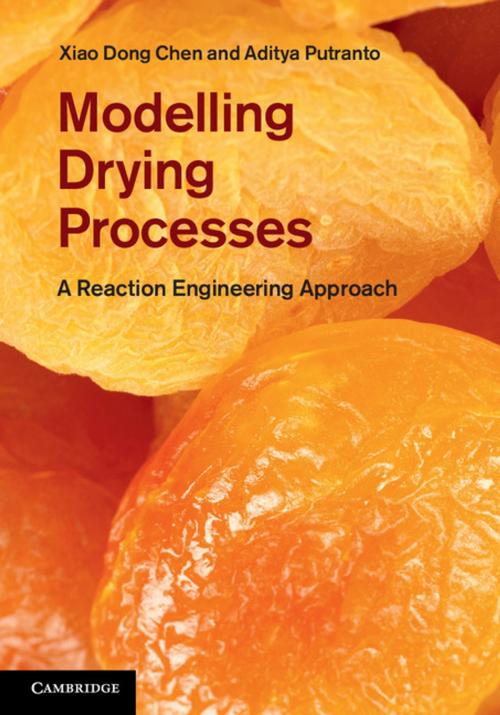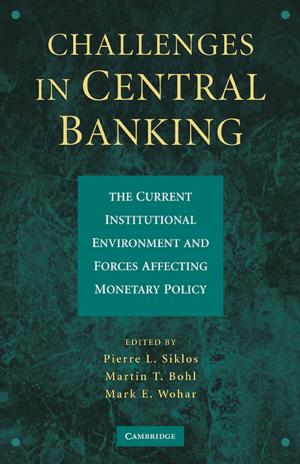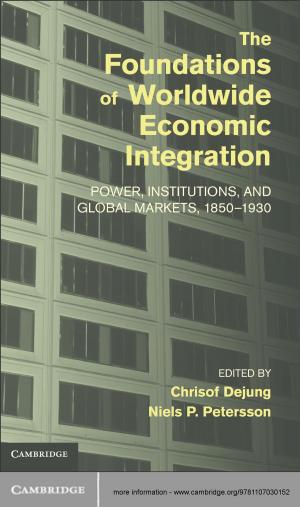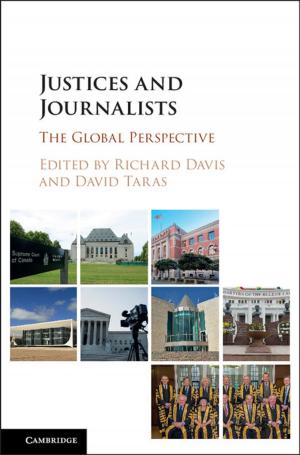Modelling Drying Processes
A Reaction Engineering Approach
Nonfiction, Science & Nature, Technology, Engineering, Chemical & Biochemical, Mechanical| Author: | Xiao Dong Chen, Aditya Putranto | ISBN: | 9781107357365 |
| Publisher: | Cambridge University Press | Publication: | May 23, 2013 |
| Imprint: | Cambridge University Press | Language: | English |
| Author: | Xiao Dong Chen, Aditya Putranto |
| ISBN: | 9781107357365 |
| Publisher: | Cambridge University Press |
| Publication: | May 23, 2013 |
| Imprint: | Cambridge University Press |
| Language: | English |
This comprehensive summary of the state of the art and the ideas behind the reaction engineering approach (REA) to drying processes is an ideal resource for researchers, academics and industry practitioners. Starting with the formulation, modelling and applications of the lumped-REA, it goes on to detail the use of the REA to describe local evaporation and condensation, and its coupling with equations of conservation of heat and mass transfer, called the spatial-REA, to model non-equilibrium multiphase drying. Finally, it summarises other established drying models, discussing their features, limitations and comparisons with the REA. Application examples featured throughout help fine-tune the models and implement them for process design and the evaluation of existing drying processes and product quality during drying. Further uses of the principles of REA are demonstrated, including computational fluid dynamics-based modelling, and further expanded to model other simultaneous heat and mass transfer processes.
This comprehensive summary of the state of the art and the ideas behind the reaction engineering approach (REA) to drying processes is an ideal resource for researchers, academics and industry practitioners. Starting with the formulation, modelling and applications of the lumped-REA, it goes on to detail the use of the REA to describe local evaporation and condensation, and its coupling with equations of conservation of heat and mass transfer, called the spatial-REA, to model non-equilibrium multiphase drying. Finally, it summarises other established drying models, discussing their features, limitations and comparisons with the REA. Application examples featured throughout help fine-tune the models and implement them for process design and the evaluation of existing drying processes and product quality during drying. Further uses of the principles of REA are demonstrated, including computational fluid dynamics-based modelling, and further expanded to model other simultaneous heat and mass transfer processes.















